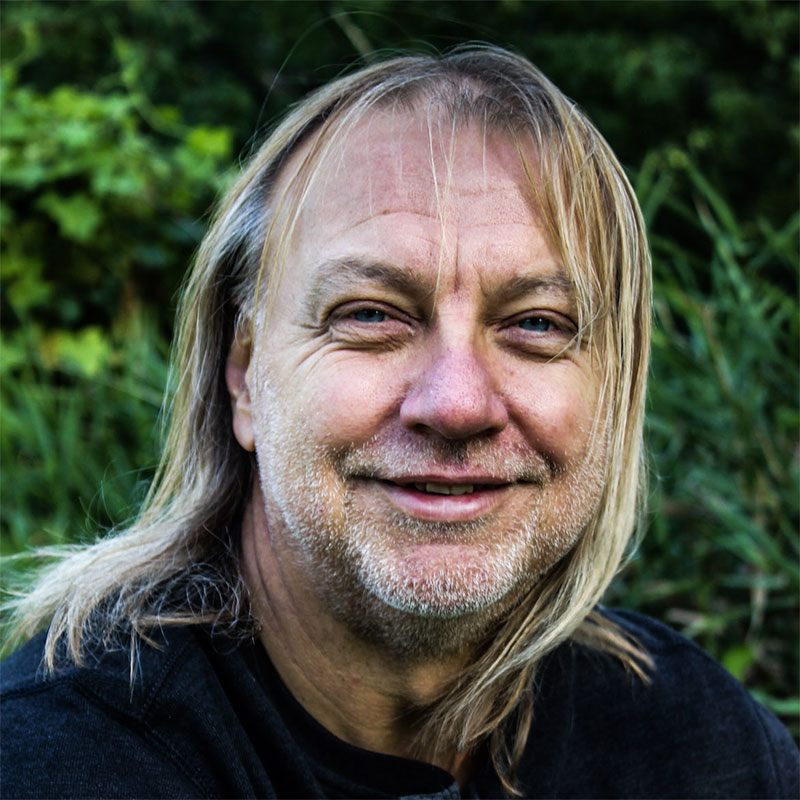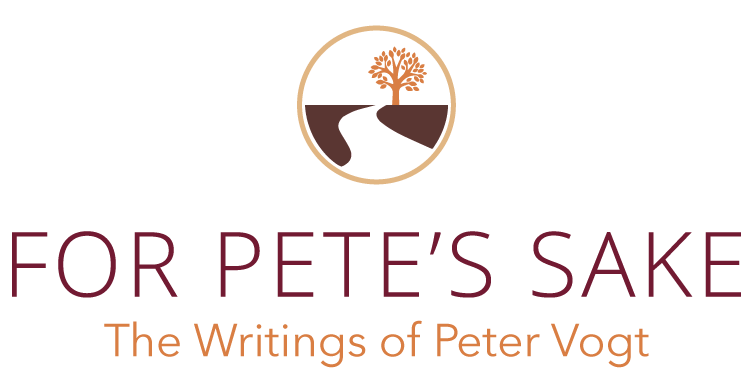The Help
I watched my wife die.
Literally. I just sat there and watched it happen. I didn’t do a thing.
I … just … sat … there.
I didn’t try to help her as she was lying in her — our — own bed, laboring to take her last breath following three months of hospice care in our home. I didn’t pull out a sword to slay the dragon. I just let the dragon slay my wife. I had no sword. I was unarmed.
Lois’s cancer journey had begun almost 10 years earlier, when she’d had a mole surgically removed from the left side of her face, just below the ear. “Routine” pathological testing of the tissue revealed Nightmare Scenario No. 1: melanoma, the deadliest form of skin cancer.
Immediate surgery on nearby lymph nodes showed that the cancer had not spread beyond that initial spot on her face. But for five years after that fateful day of diagnosis in August 2002, Lois had to undergo follow-up scans, X-rays, and MRIs every several months to make sure her cancer had indeed not metastasized. I was with her every step of the way, but I wasn’t — and could never be — in her physical, psychological, and emotional shoes. I played an important role as the caretaker, the soother, the hand holder and hugger, and the it-will-be-OKer. But I was only The Help; Lois was the one who had to do the true work and deal with the true fear of dying much too young. I could only watch — though not entirely helplessly, thank God.
That all began to change in December 2007, just weeks after our daughter Katie was born. “Routine” removal of Lois’s gall bladder uncovered Nightmare Scenario No. 2: melanoma in the gall bladder, which meant melanoma anywhere and everywhere in her body.
Profoundly skilled — not to mention passionate and personable — medical professionals at Mayo Clinic pulled rabbits out of their hats repeatedly to keep Lois alive for the next four and a half years. I was there with Lois for virtually every single appointment, every single chemotherapy treatment, every single radiation treatment, every single surgery, every single procedure — and every single PET scan, which would reveal whether a treatment was working or not working; whether Lois was trending toward life or trending toward death.
I was still only The Help. And my help felt increasingly unhelpful.
Finally, in January 2012, a day after Lois’s 42nd birthday and yet another hospitalization following treatment, along came Nightmare Scenario No. 3: There was nothing more that could be done. Lois was going to die.
And what little help The Help could provide was gone. Or so it seemed.
Lois passed away three and a half months later, with me, her sister, her brother-in-law, and her mom by her bedside. I cared for Lois during those final weeks the only way I knew how: by doing what I could to make her comfortable and maintain her dignity. But I could never go after the actual dragon — her cancer. I could never directly take it on. And in the final moment, I could only watch as Lois gasped to take her very last breath on this earth.
My logical self knows that I did all I could during Lois’s long struggle. But my emotional, perhaps irrational self is haunted by a painful question: “How could you just sit there and let her die? Why didn’t you even try to help?”
Help is doing what you can, when you can, for whom you can. Help is doing the possible, not obsessing over the impossible. Help has limits, and they’re not set by me or by you. They’re set to some degree by the person you’re trying to help, but they’re set even more so by the universe itself — by forces far beyond our control or understanding.
So I know, in my heart of hearts, that I didn’t really just sit there and watch my wife die. I eased her death when death was the only outcome left. I held her hand and rubbed her feet and said to her, “It’s OK — you’ve done enough; you can go now.”
She did.
And I helped.

I’m a writer. An essayist, to be more exact. I tell stories here—true stories, from my own life, in hopes they will make a positive difference in yours.
I share laughs and tears, insights and observations, frustrations and realizations, relying all the while on the storytelling wisdom of Julia Cameron, author of The Right to Write.
It is a great paradox that the more personal, focused, and specific your writing becomes, the more universally it communicates.

Leave a Reply
Want to join the discussion?Feel free to contribute!